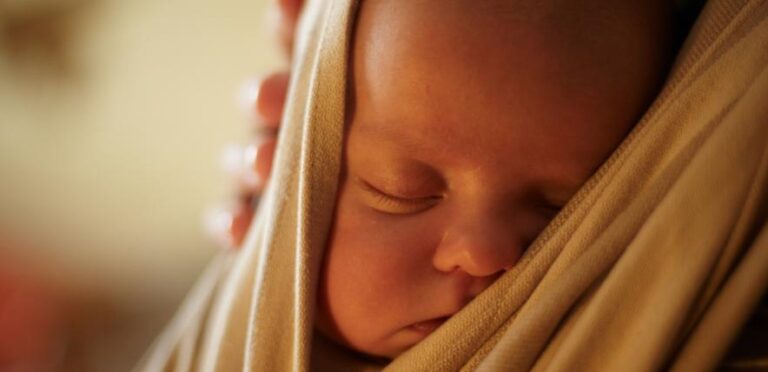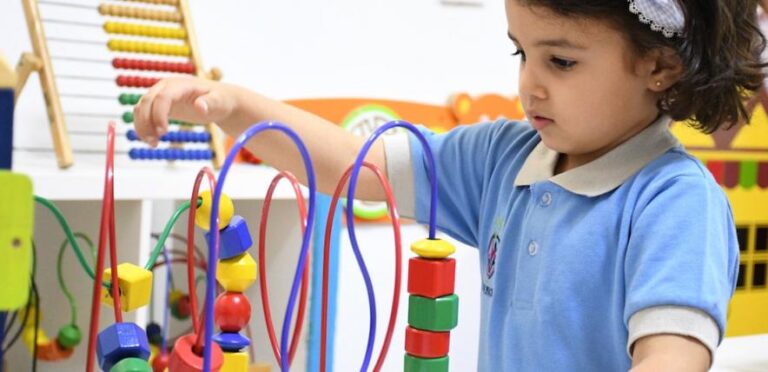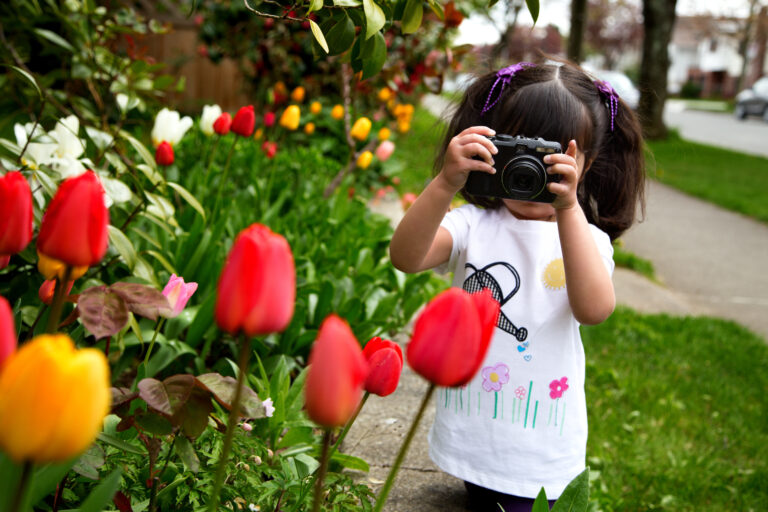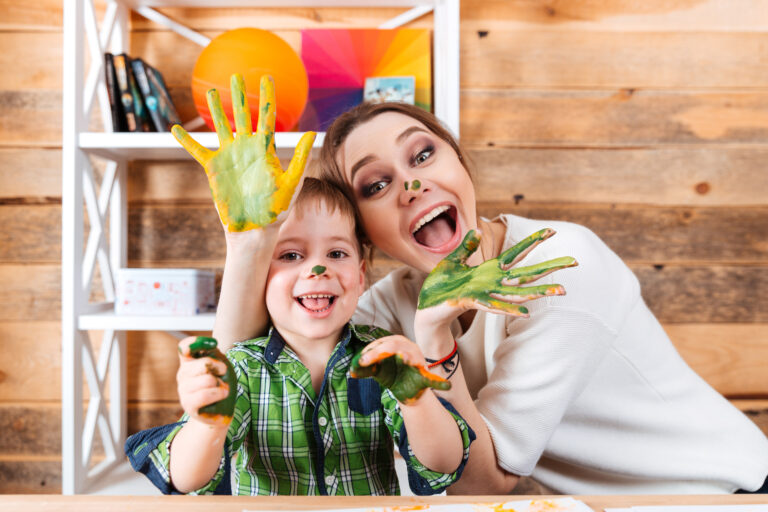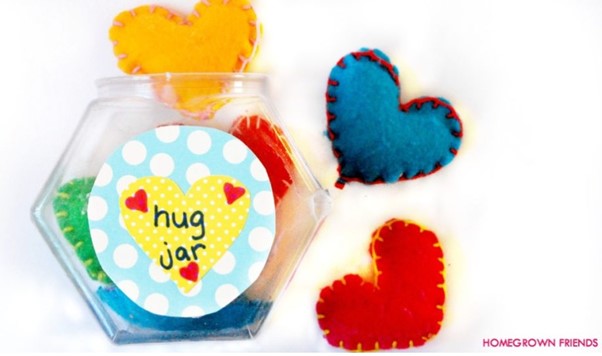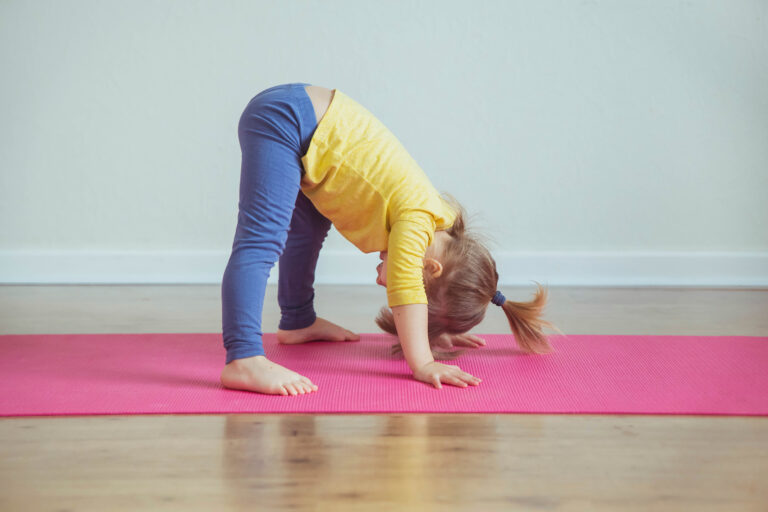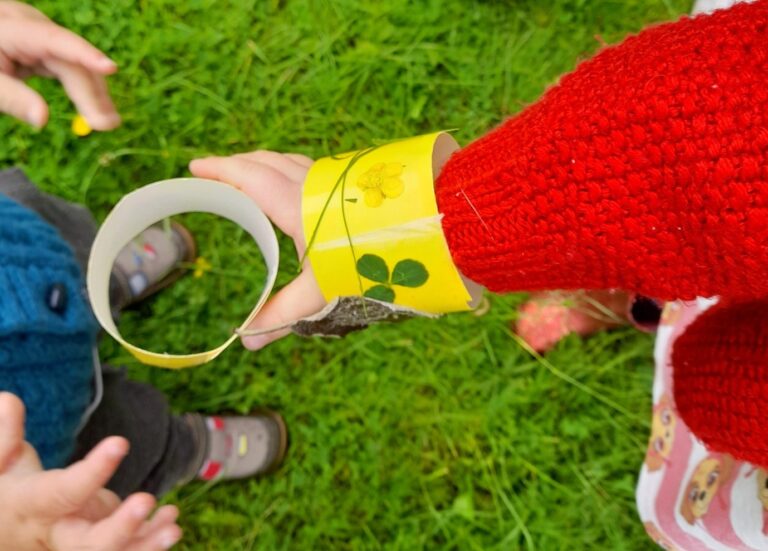There have been lots of studies showing the importance of parental warmth and affection in helping children to grow up to be happy, productive adults.
Attachment Theory, developed by psychoanalyst John Bowlby in the 1950s, is the idea that babies are born with the instinct to bond with other human beings.
This bond is usually formed very early on with a baby’s primary caregivers, and the parents or carers bond with the babies, too, loving and protecting them from harm.
Bowlby believed that this instinct has an evolutionary purpose, as those who form the strongest bonds are the most likely to survive and go on to have their own children.
He also believed that children who were deprived of this strong attachment to a primary caregiver would suffer from emotional, behavioural and developmental problems as they went through their lives, and there have been lots of other studies since that have shown this to be true.
The language of love
There are lots of ways to develop and maintain attachment with your little children, but from our little ones’ earliest days, the simplest and most powerful way that they learn to give and receive love is through touch.
Young children don’t always understand all the words that we say to them – although having a positive and loving tone is obviously important – but everyone, of whatever age, understands the meaning of a loving hug, a reassuring hand to hold or a kiss where it hurts.
Take the affection to your child
Lots of children are naturally affectionate and others less so; but whatever your child’s personality, don’t always wait for your child to come to you with cuddles and affection.
It’s a real boost to your child’s confidence and sense of their importance in your life if you spontaneously offer affection, whether it’s lifting them up into a full hug, pulling them onto your lap to hear more about their day, or something as simple as a pat on the head or a ruffle of the hair as you go past.
This may not come naturally to you – particularly if you don’t come from a family where cuddles are the norm – but it will become more of a habit the more you do it. Spontaneous demonstrations of affection from you help your child to feel that they are so important and lovely to you that you just can’t help from showing your love when you see them.
Create opportunities for closeness
When your child is really tiny and needs to be carried around by you a lot, then the cuddles and physical closeness are automatically a natural part of your day. But as your little one gets older and becomes more independent, those chances to get close and cuddly become fewer and further between.
That’s why it’s a good idea to ensure there are times of day when the two of you get time to be close to one another and show your love. Cuddling up together on the sofa to watch a TV programme or snuggling up to share a book provide excellent chances for the two of you to lean in and enjoy each other’s company in a quiet and relaxed way.
Don’t neglect rough and tumble
Being physically close doesn’t always have to involve quiet time. Playing games that involve touch, such as giving piggy backs, being a horsey and letting your child climb on your back, chasing games including tag can all help your child to feel close to you, and are also an important way for your child to learn how to be physical within safe boundaries.
Rhyming and dancing games
There are lots of games and activities that you can do with your child that involve physical touch. Rhymes that involve your little one’s fingers or toes, such as ‘this little piggy went to market’, are a lovely way for you to cuddle up together, as well as being hilarious to all small children!
Dancing games such as ‘ring a ring of roses’ or ‘row, row, row your boat’ that involve holding hands are also fun and a good way of sharing affection.
Never too much love
It’s important to teach your child about boundaries and why their body belongs to them. However, you shouldn’t worry if your child develops a strong bond with someone other than you or their other parent; for example, grandparents, their carer at preschool, or friends that you see regularly.
This will not lessen the bond that they have with you, and as long as you are confident and happy about all the people your child is spending time with, it’s really healthy for your child to bond securely with other people in their lives.
Written by Siobhan Godwood for the Early Years Alliance
Where next?
Why reading to your child is so important

